Rachel Wimpee
Rachel Wimpee is Associate Director for Research & Engagement at the Rockefeller Archive Center. She holds an interdisciplinary PhD in French literature and French studies, with research interests in gender, cultural representation, and the role private giving plays in social change.
Related Articles
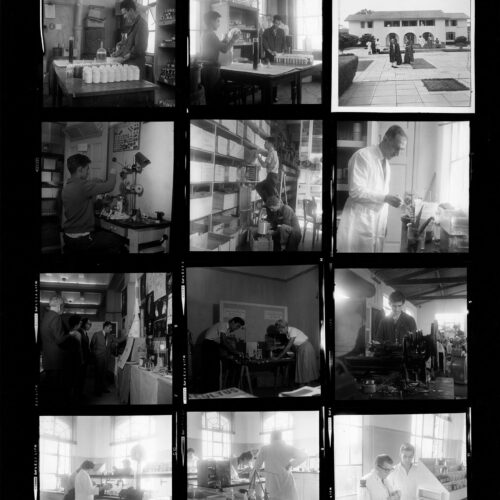
“Distasteful Regimes”: Authoritarianism, the Ford Foundation, and Social Sciences in Brazil
When the restrictive military regime that had taken power in Brazil in 1964 became even more repressive by 1969, staffers at the Ford Foundation found themselves facing a conundrum.
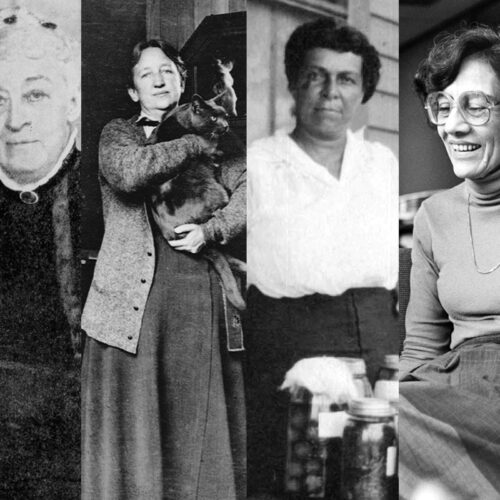
Profiles of Women in Philanthropy
In honor of Women’s History Month, we highlight thirteen individuals from our collections to show the range of contributions women have made in the field of philanthropy and in the world at large.
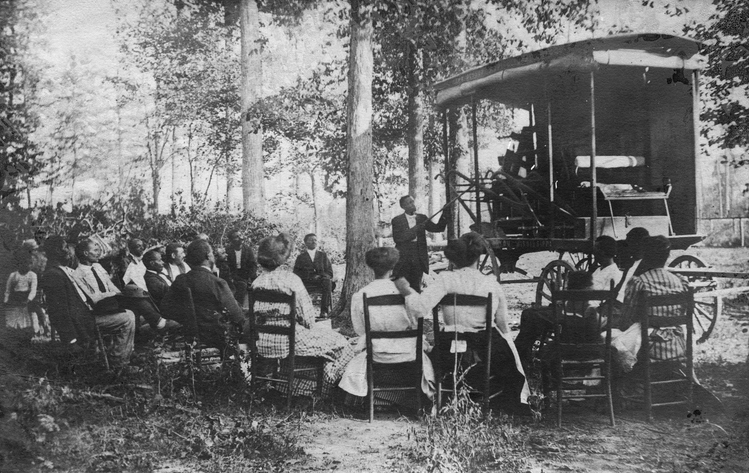
Timeline: A Century of American Philanthropy’s Engagement with Race and Racism
Delving into a century of philanthropic engagement with race, from Reconstruction to the Civil Rights era.

Timeline: American Foundations and the History of Public Health
Key points in the history of American foundations’ engagement with public health.

Funding a Social Movement: The Ford Foundation and Civil Rights, 1965-1970
A story recounting many accusations, from rigged elections to the meddling of big private money in grassroots organizing.

The Fairy Godmothers of Women’s Studies
Moving scholarship by and about women from margin to center.
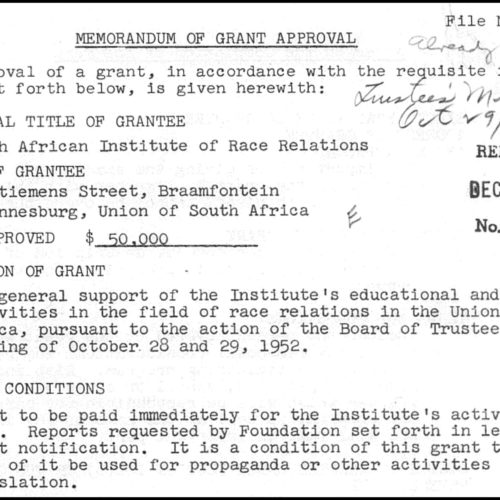
In Brief: The South African Institute of Race Relations
How did a US foundation manage to work under apartheid?

In Brief: The 1995 Beijing Women’s Conference
The global conversation about women’s issues takes a big step forward.
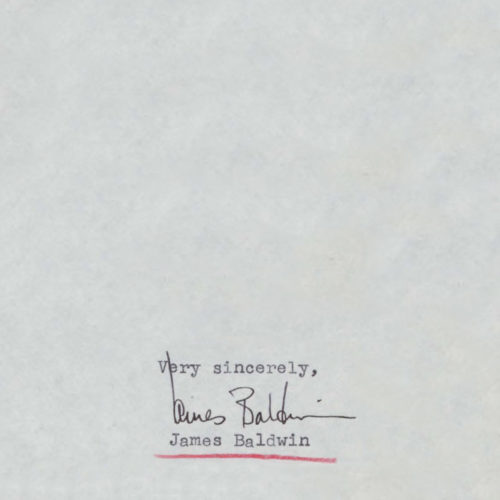
In Brief: James Baldwin’s Creative Writer’s Fellowship
How a foundation provided the final ingredient to an era-defining novel.

Philanthropy’s Fight Against Tuberculosis in World War I France
What does it take to control the outbreak of a deadly disease?